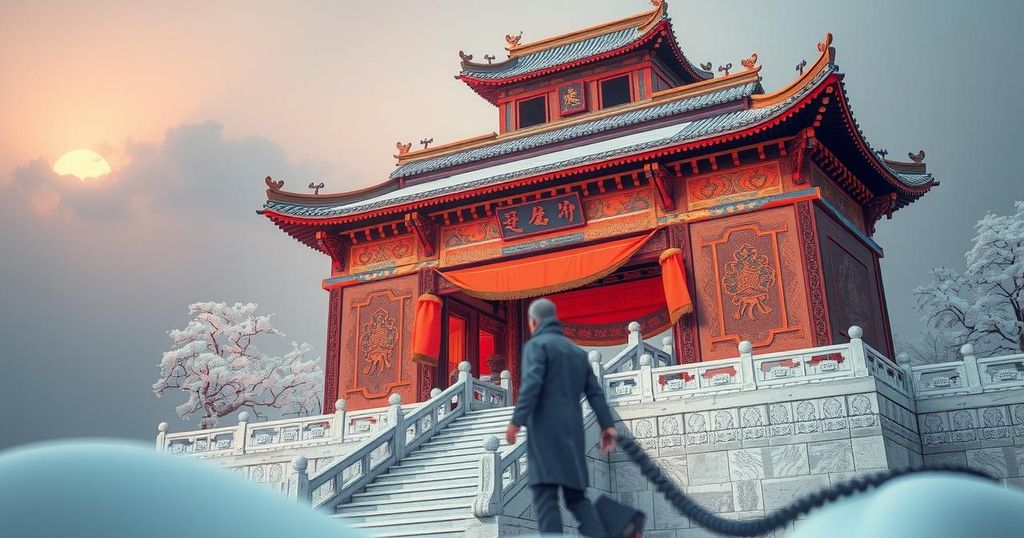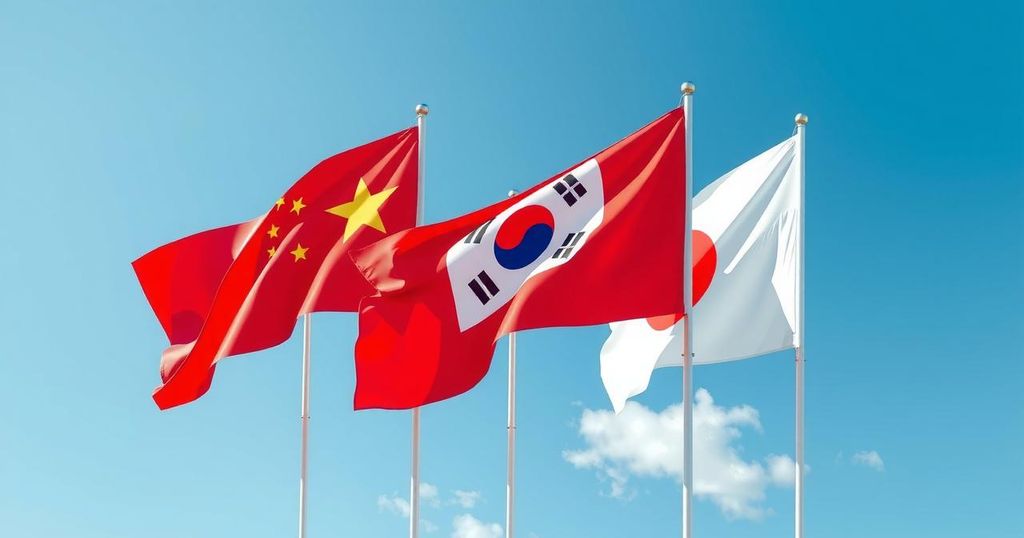China Intensifies AI Regulation to Protect Literary Integrity and Ideology
China is enforcing strict regulations on AI adaptations of classical literature to protect national ideology and cultural integrity, addressing concerns over copyright infringement and misinformation while navigating the challenges posed by technology in society.
The Chinese government is intensifying its efforts to safeguard its national literature and ideology against the misuse of artificial intelligence (AI). Authorities have raised concerns about AI-generated adaptations of classical works, asserting that such creations can misrepresent the original narratives and diminish their cultural significance. Edited video clips derived from renowned Chinese literary adaptations are seen as tools not only for humor but also for breeding misinformation and altering public perception. Beijing’s approach combines the promotion of AI technology to enhance the economy while simultaneously addressing the dangers of digital manipulation that may threaten its ideological integrity.
Among the classic texts drawing concern are Dream of the Red Chamber and Journey to the West, which serve as pillars of Chinese literary heritage. The broadcasting regulator highlighted the rise in AI-generated videos, characterizing them as disrespectful to both the authors and the cultural norms that these works embody. Such adaptations are perceived as a challenge to traditional values, leading to potential copyright infringements and cultural derision. Furthermore, while some of these videos are clearly marked as AI-generated, many circulate without such disclaimers, complicating the issue of regulation.
The movement to protect China’s cultural and literary heritage from AI misuse arises from a broader concern regarding the impact of technology on society. As AI tools become increasingly sophisticated, they allow for new forms of creativity but also introduce risks that can distort historical narratives and existing intellectual properties. In China, where the government maintains a tight grip on cultural expressions and ideological messages, this situation represents a critical intersection between innovation, regulation, and national identity. The appeal of AI-enhanced content on social media underscores the dilemma of promoting technological advancement while preserving important cultural artifacts.
In summary, China’s strategic initiative to regulate artificial intelligence usage aims not only to foster economic growth but also to protect its cultural heritage from potentially harmful alterations. The emergence of AI adaptations of classical literature poses significant challenges within the realms of copyright and cultural respect. As authorities seek to balance innovation with preservation, the implications for digital media and cultural integrity remain profound. The effectiveness of these regulatory measures will ultimately determine how the nation navigates the dual demands of technology and tradition.
Original Source: www.scmp.com








Post Comment